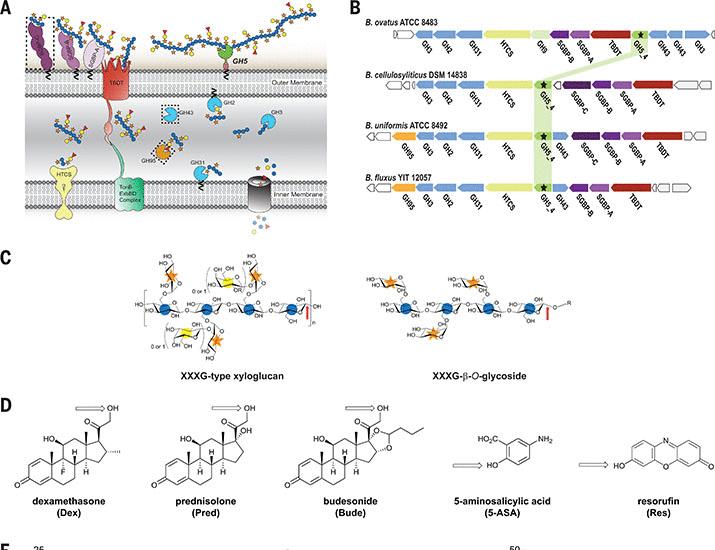Now Reading: Senolytics: Shaping the Future of Anti-Aging Science
-
01
Senolytics: Shaping the Future of Anti-Aging Science
Senolytics: Shaping the Future of Anti-Aging Science
Quick Summary:
- The article explores advancements in the longevity biotechnology industry, which aims to pharmacologically slow human aging and delay age-related diseases such as cancer, cardiovascular disease, diabetes, and neurodegenerative disorders.
- Recent studies in animal models indicate that genetic, dietary, and pharmacological interventions can successfully delay aging processes. This has lead to increasing investment within the sector.
- cellular senescence is highlighted as a critical factor in aging; senescent cells accumulate with age and contribute to degeneration while also serving as an anti-tumor mechanism.
- A landmark study from Mayo Clinic (2016) demonstrated prolonged lifespan and healthspan (24-27% advancement) in mice by genetically targeting p16-expressing senescent cells for removal. This spurred interest in developing therapeutic drugs called senolytics to selectively eliminate senescent cells.
- The growing corporate interest includes companies like Altos Labs pursuing advanced techniques like partial reprogramming for cellular rejuvenation.
Indian Opinion Analysis:
The breakthroughs detailed in this report are especially meaningful for India as its population undergoes demographic shifts toward increased median age over the coming decades due to improved life expectancy. This necessitates tackling rising incidences of chronic age-related illnesses through proactive healthcare innovation measures rather than curative approaches alone.
Moreover,building indigenous capacity within India’s biotech ecosystem holds great promise both medically and economically if local research institutions collaborate on translating preclinical findings into affordable therapeutic remedies tailored specifically toward regional populations under varying socioeconomic constraints or prevalence risks adjustments unique demographically patterns subcontinent-wide tumult Dynamic opportunity challenges partnership Ethical Framework commercialized response balancing policies/ regulatory trials stringent science enabling nuanced growth paradigm .
For further reading: Nature BiotechnologyQuick Summary:
- João Pedro de Magalhães, affiliated with the Genomics of Ageing and Rejuvenation Lab at the University of Birmingham, authored a study focusing on longevity science.
- The research discusses advancements in understanding human aging and potential pathways for extending lifespan.
- João Pedro has roles including chief scientific officer at YouthBio Therapeutics and serves as an advisor to several biotech firms related to longevity research. He also founded Magellan Science Ltd.
- Published references include reputable sources like Cell Metab.,Nat. Med., and Science.
Indian Opinion Analysis:
The exploration of longevity science represents a significant intersection between advanced genetics, biotechnology, and healthcare innovation. For India,these developments have potential implications in addressing chronic diseases related to aging-a growing concern due to increasing life expectancy. India must weigh ethical considerations alongside investment priorities in adapting such technologies within its health ecosystem while ensuring accessibility for extensive demographics spanning urban centers and rural areas reliant on public healthcare systems.
For more information: Read More
Indian Opinion Analysis
The emerging field of senolytics is drawing global attention for its promise in addressing age-associated conditions. For India, where health systems face increasing pressure from chronic diseases tied to aging populations, breakthroughs like these could have significant implications if accessible and viable treatments become available. While the technology appears promising, cost accessibility and rigorous evaluation remain critical factors before adoption into public health strategies. Investing in research collaborations with international entities might give India an edge in leveraging such innovations for wider benefit.




























